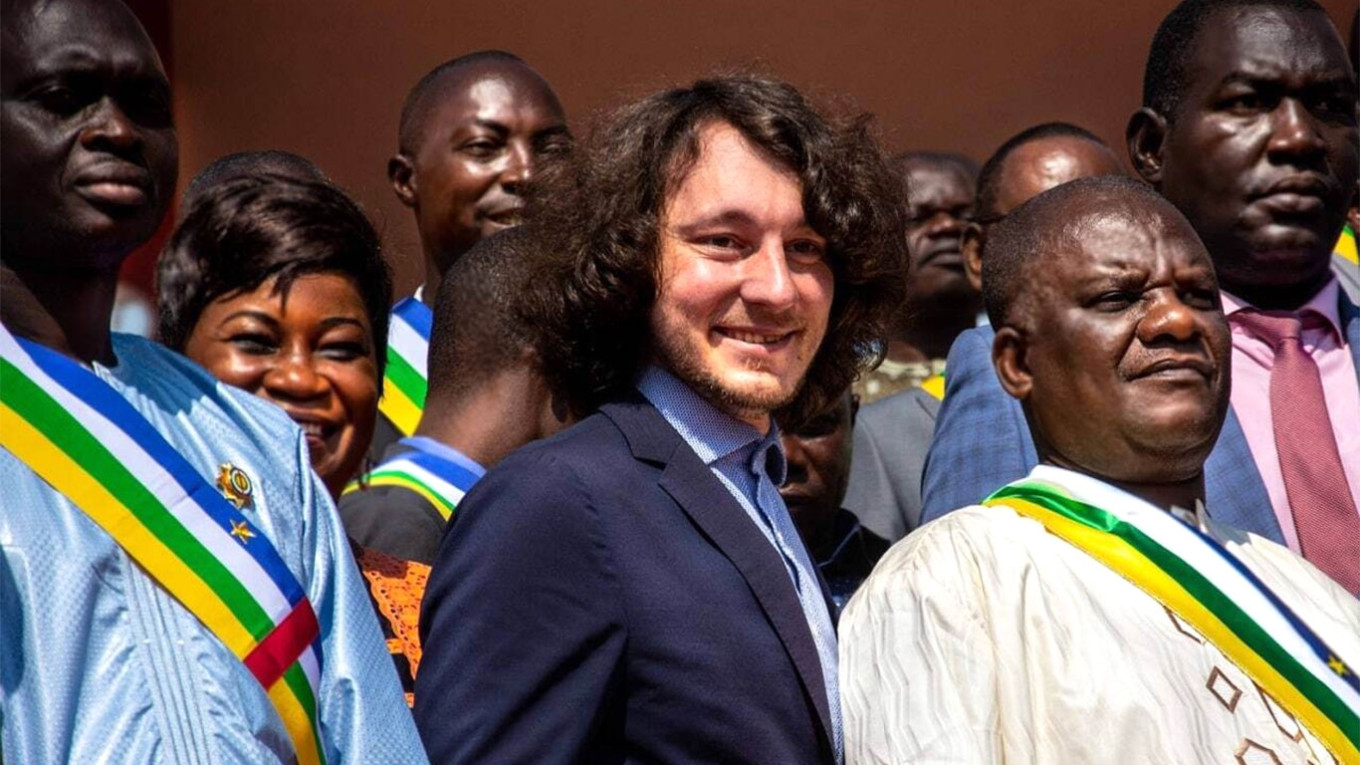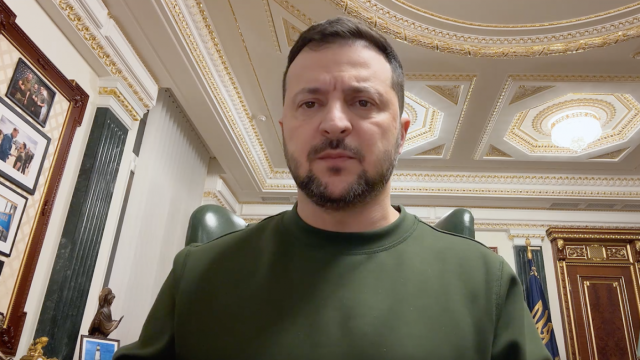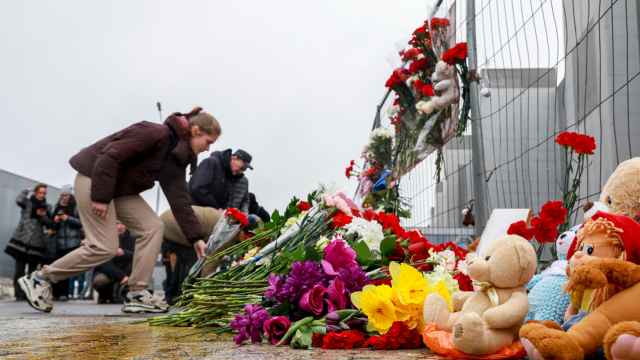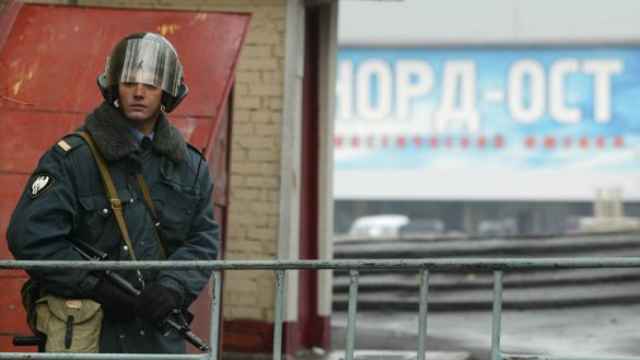The head of a Russian cultural center in the Central African Republic (CAR) who was hospitalized when an explosive device sent to him in the mail detonated was "urgently evacuated" to Russia, Moscow's embassy in the country said Monday.
The Russian Embassy in the CAR capital Bangui confirmed that Dmitry Sitiy was being evacuated to Russia, and said he is in "severe but stable" condition.
On Friday, Sitiy, who runs the Bangui branch of the state-funded Russian House cultural center which promotes Russian culture abroad, received a parcel that later detonated when Sitiy opened it at home.
The exploding package, which bore no return address, had been an attempt to "harm" ties between Moscow and Bangui, the Russian Foreign Ministry said.
The ministry also confirmed that it had sent a diplomatic note to the CAR Foreign Ministry demanding a full investigation into the attack.
Sitiy had reported receiving death threats prior to the attack, according to local law enforcement agencies.
"Earlier, he received the first package, and when he opened it, there were threats in it," CAR police head Bienvenue Zokoue was quoted as saying by Russian news agency RIA Novosti.
Yevgeny Prigozhin, the Russian businessman who heads the Wagner mercenary group, which is known to be active in the CAR, accused France of being behind the attack.
"I have already requested the Russian Foreign Ministry with starting the procedure to declare France a state sponsor of terrorism," Prigozhin was quoted as saying in a statement released by his company, Concord, on Friday.
French Foreign Minister Catherine Colonna said on Friday that Prigozhin's claim was "false" and "a good example of Russian propaganda."
A Message from The Moscow Times:
Dear readers,
We are facing unprecedented challenges. Russia's Prosecutor General's Office has designated The Moscow Times as an "undesirable" organization, criminalizing our work and putting our staff at risk of prosecution. This follows our earlier unjust labeling as a "foreign agent."
These actions are direct attempts to silence independent journalism in Russia. The authorities claim our work "discredits the decisions of the Russian leadership." We see things differently: we strive to provide accurate, unbiased reporting on Russia.
We, the journalists of The Moscow Times, refuse to be silenced. But to continue our work, we need your help.
Your support, no matter how small, makes a world of difference. If you can, please support us monthly starting from just $2. It's quick to set up, and every contribution makes a significant impact.
By supporting The Moscow Times, you're defending open, independent journalism in the face of repression. Thank you for standing with us.
Remind me later.






